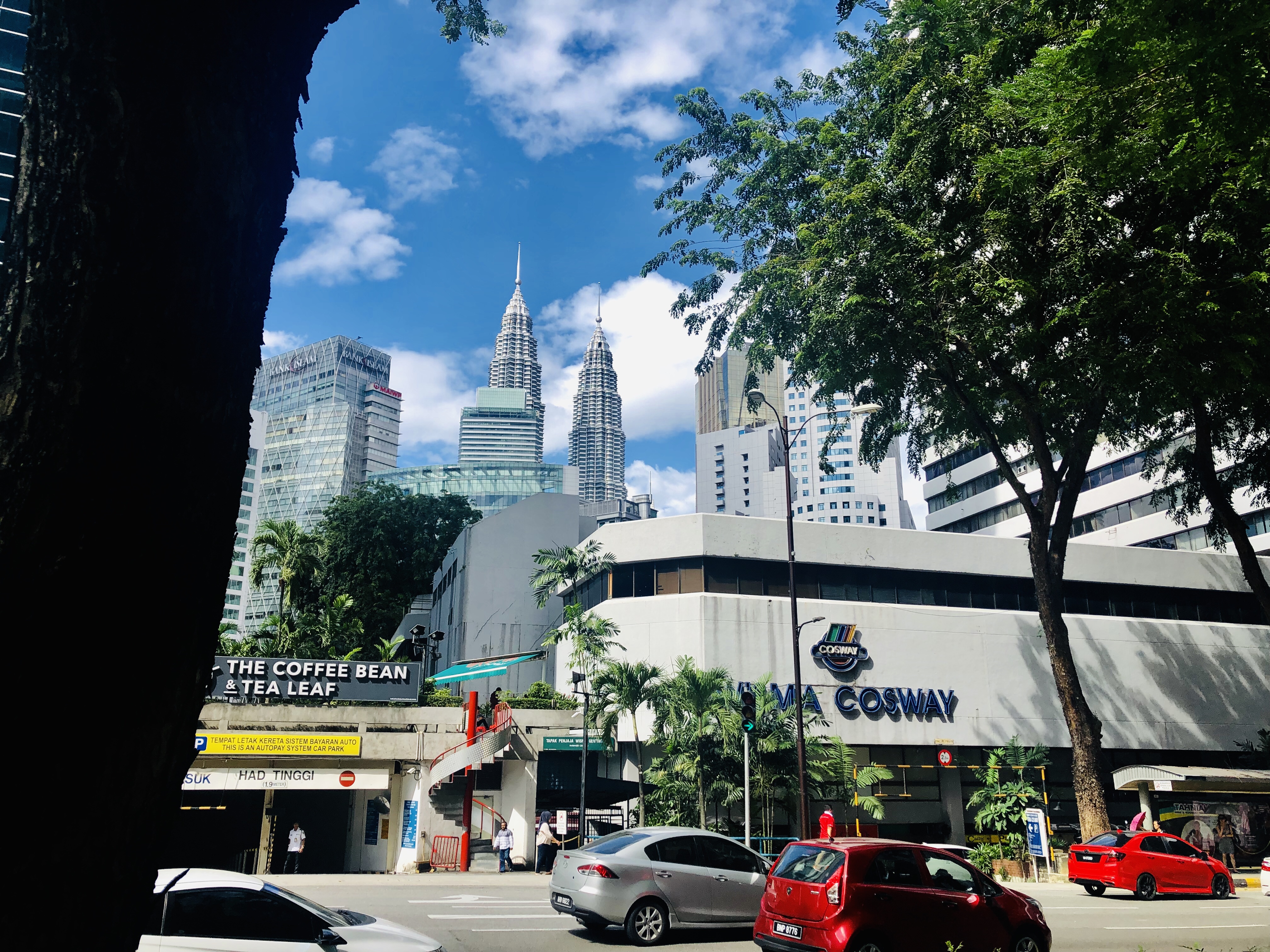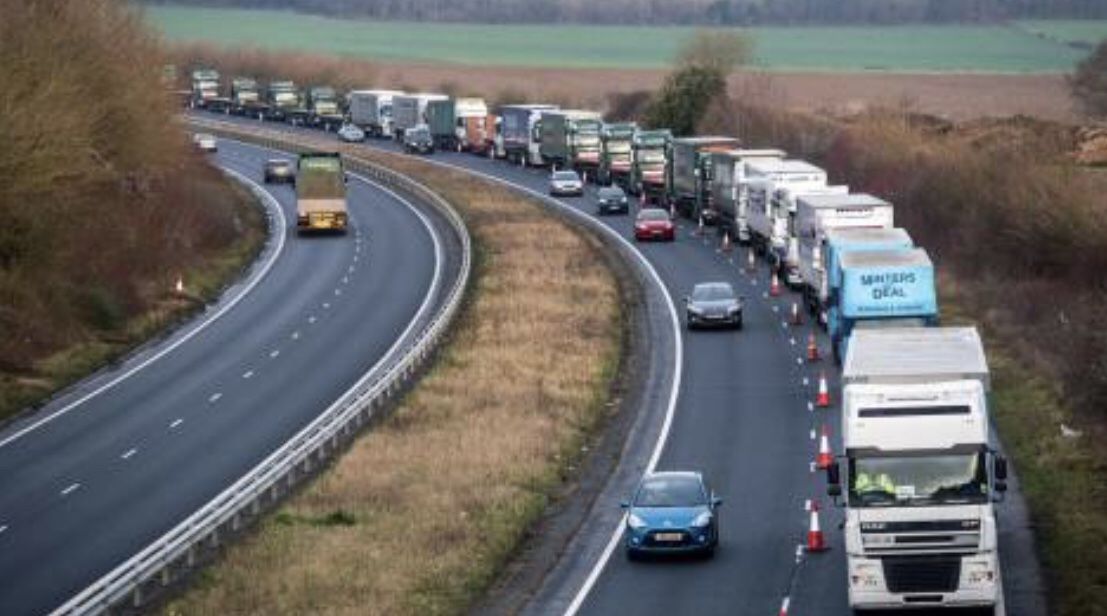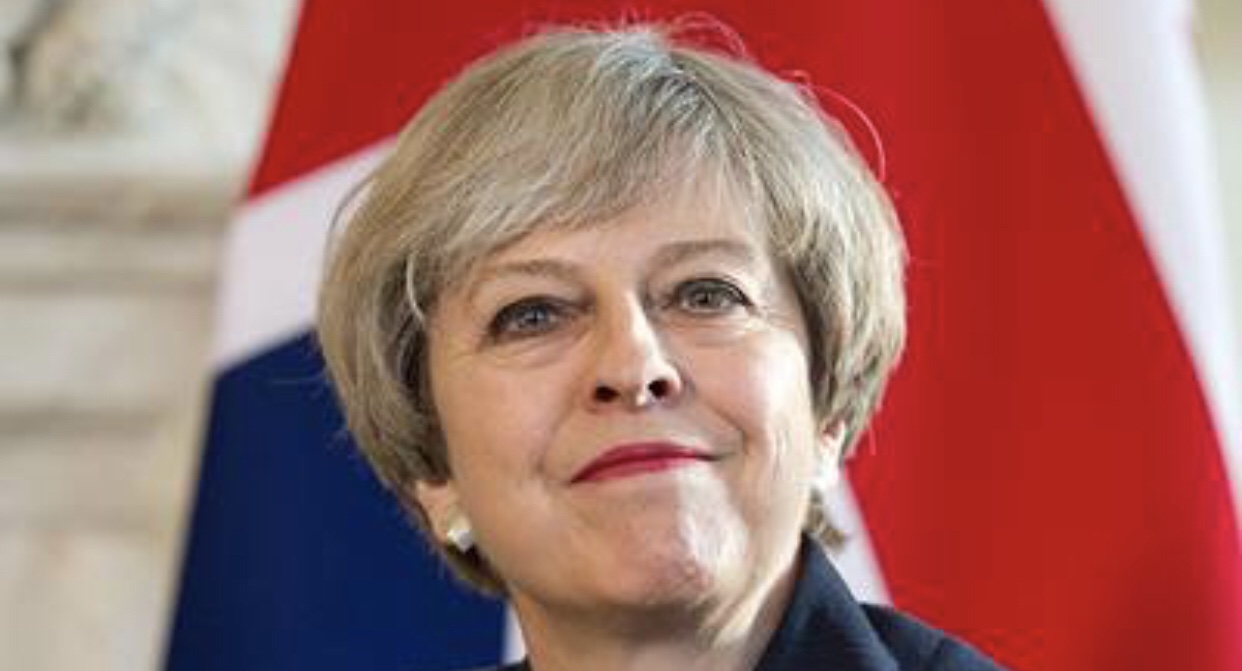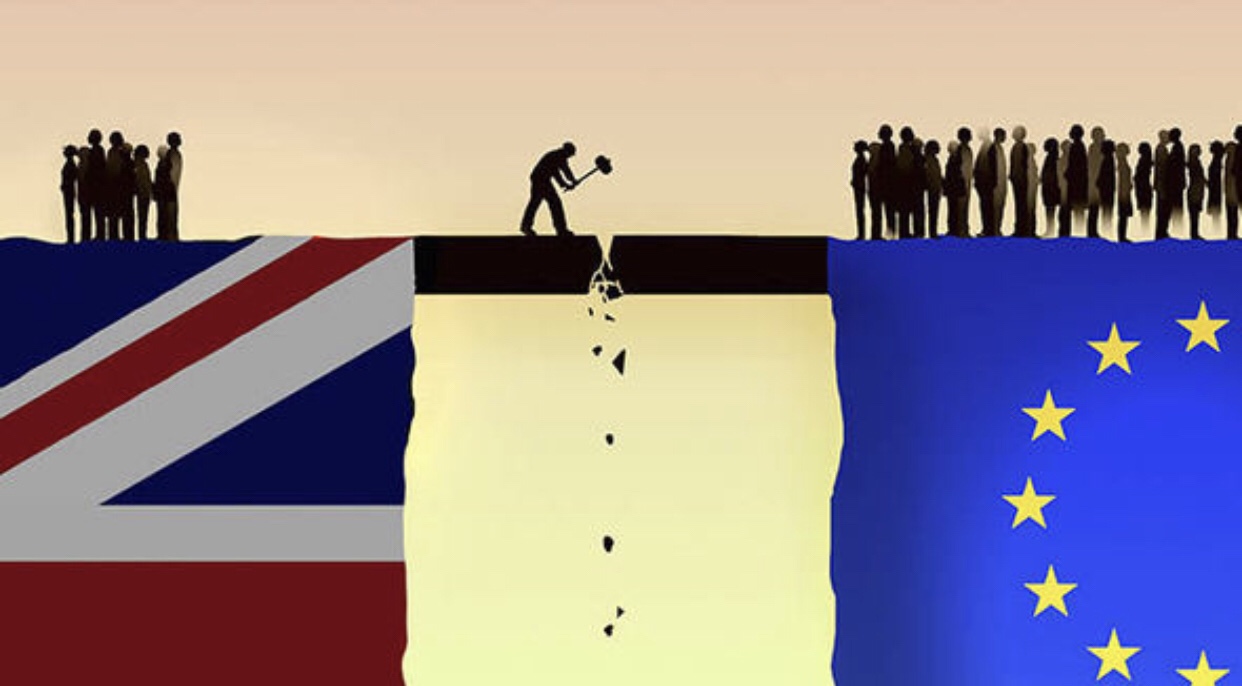I have spent a few days in Kuala Lumpur, Malaysia – or as everybody say, KL

Malaysia is an important trading nation and with its strategic position between Singapore and Thailand, close to the giant markets of Indonesian and Philippeans.
I have had the fortune to visit KL and Malaysia manh timesnin theboast and it has always been a pleasure to work here.

I have many friends in KL and we have a great representative here since many years leading our business initiatives in the country and the ASEAN region.

We have had very good and productive meetings this week so I hope I will be back here soon again.
Government-ordered study finds just 80-second customs checks would mean permanent gridlock.
Trucks would face six-day queues to board ferries at Dover if new customs checks in the event of a no-deal Brexit were to delay each vehicle by just 70 seconds, according to government-commissioned research.

A summary of the analysis obtained by the Financial Times claims extra processing time of 80 seconds per truck would lead to “no recovery” — described by an official as widespread permanent gridlock.
The research, carried out by academics at University College London for the Department for Transport, will add to misgivings about the potential disruption of a disorderly exit from the EU. The research was presented to ministers in 2017 but never published.
On Monday the DfT conducted a live rehearsal of an emergency traffic system that will be introduced to prevent congestion at Dover in such circumstances. The trial used just 89 trucks to test out the disused Manston Airport, which will be used as a car park for 6,000 trucks under the contingency plans.
The Port of Dover, which handles up to 10,000 trucks a day, believes no-deal Brexit would lead to 17-mile tailbacks, while the government has estimated there will be an extra 200m customs declarations a year.
The UCL research was based on the impact of different processing times for outbound journeys using Dover’s existing layout and traffic flows. It anticipates that extra customs checks of up to 40 seconds per vehicle would have no impact on the queueing time for outward journeys through Dover.
However, that changes dramatically when the additional delays are only slightly longer. With a further 60 seconds of checks, officials anticipate queues of six to eight hours on Tuesdays, Wednesdays and Thursdays, when traffic is particularly heavy.
If delays reach 70 seconds per truck, a queue of between 1,200 and 2,724 heavy goods vehicles is expected, leading to tailbacks taking six days. “[The queue] starts Monday evening and ends by Saturday noon,” according to the analysis.
If the processing time goes up to 80 seconds the result would simply be “no recovery”, it says.
“‘No recovery’ would mean the whole country is in a traffic jam,” said one official.
A DfT spokesperson said: “This analysis was undertaken by a third-party consultant two years ago and is not the current analysis on which the government is making its Brexit preparations.”
A department official said the UCL research was only one of “a number of documents commissioned” since the 2016 EU referendum. “Our main priority is to ensure that we get agreement with the EU, and, failing that, getting an agreement with the French authorities.”
Separate research by Imperial College London has predicted “paralysis” on the M20 motorway and A20 trunk road if new customs delays are introduced.
Ke Han of Imperial predicted nearly five hours of traffic delays in Kent at peak times, with an extra two minutes spent on each vehicle at the border tripling existing queues on the M20/A20 to 29 miles.
Current security and passport checks take up to two minutes, according to one estimate by Dr Han, but freight vehicles do not have to complete customs declarations, which could change under a no-deal Brexit.
Updated advice to government departments from officials last week warned that there could be six months of reduced access and delays at Dover and nearby Folkestone if there was no deal. That was dismissed as “Project Fear on steroids” by Andrew Bridgen, a Tory Brexiter MP.
Source: FT
Brussels says PM likely to be offered ‘exchange of letters’ confirming EU’s intention to quickly conclude trade talks.
I am convinced that this will happen, but will it be enough for a deal to get Parliament support? I think it will closer than people think.
Theresa May hopes to secure last-minute assurances from the European Union before next Tuesday’s meaningful vote over Brexit, although there are significant differences between the sides and scepticism that rebel Tories can be won over.

Brussels sources said at lunchtime on Monday that the prime minister was likely to be offered an “exchange of letters” confirming the EU’s intention to quickly conclude trade talks with the UK.
No 10 added that the sought-after clarification would only be published just before next week’s final vote, and would not emerge before the long-awaited five-day Brexit debate begins on Wednesday afternoon.
Jeremy Corbyn demanded that May came to the Commons in the afternoon to spell out what progress had been made in the Brexit talks during the Christmas break, but the prime minister, unveiling a 10-year NHS plan, sent her Brexit secretary, Stephen Barclay, instead.
Corbyn told MPs there should be “no more hiding and no more running away” by the government and said the reason that May had nothing to update about the Brexit talks was because there was “nothing to know”.
Barclay did not answer when asked by Labour MP Alison McGovern whether any assurances obtained would be made public by Wednesday, prompting the backbencher to complain about the lack of progress.
“This is ludicrous. The vote has been delayed for a month for these assurances, yet we are still in the dark. The Brexit clock is ticking but the prime minister just keeps wasting time,” McGovern said after the Commons debate.
The EU says the correspondence under discussion would flesh out language already included in the withdrawal agreement but it is hoped its clarity could persuade some MPs of the EU’s intention to avoid triggering the Irish backstop.
Brussels is willing to repeat that the target for achieving a free-trade deal is the end of 2020, which if achieved would avoid the need for the unpopular Irish backstop to come into force, but the UK is sceptical that deadline can be achieved.
The target date cited in the mooted correspondence would not constitute a deadline for concluding the trade talks, however, and EU officials are sceptical as to whether the gambit will be sufficient to win over enough MPs to get May’s contentious deal through parliament.
An EU official said: “We have to stick to what is in the withdrawal agreement. We can copy and paste – but what is the point if it is a copy and pasting exercise?”

But the UK wants the EU to commit to a more legally binding target to finalise trade talks by the end of 2021, a year later. The UK believes this would force the EU to negotiate in good faith, would allow a realistic amount of time to conclude the free-trade deal, and above all, to limit the Irish backstop to a maximum of a year.
“If we can’t get a free-trade deal agreed by the end of 2020, then what’s the next jumping off point?” a Whitehall source said. “That’s the area we are poking about in.”
The prime minister insisted over the weekend that the delayed vote on the deal would take place in the Commons next Tuesday despite widespread doubts that Downing Street had any hope of success.
There are 81 days until Brexit is due to take place on 29 March, and Downing Street would not rule out MPs sitting over the half-term if that proved necessary. “We’ll do whatever is required to get the relevant legislation in place,” May’s spokesman said.
A deadline is one of three elements of a package – along with strengthened parliamentary oversight and a commitment to keeping open trade between Northern Ireland and Britain – designed to address MPs’ concerns that commitments to avoid a hard Irish border will shackle Britain to Brussels indefinitely.
Downing Street will step up no-deal preparations, with a radio publicity campaign on commercial stations that will start on Tuesday morning. The adverts are intended to help answer questions the public may have, although will inevitably lead to accusations that ministers are trying to frighten the public.
The prime minister’s official spokesman said that in addition to May’s conversations with Jean-Claude Juncker, she had also spoken to France’s president, Emmanuel Macron, on Friday, at the conclusion of a week of high-level diplomacy in an attempt to obtain fresh language to get her deal over the line.
May also spoke to Mark Rutte, the Dutch prime minister, on Wednesday, in addition to previously disclosed calls to the German chancellor, Angela Merkel, and Donald Tusk, the European council president. She was also in contact with the Irish prime minister, Leo Varadkar, her spokesman said.
Source: The Guardian






You must be logged in to post a comment.